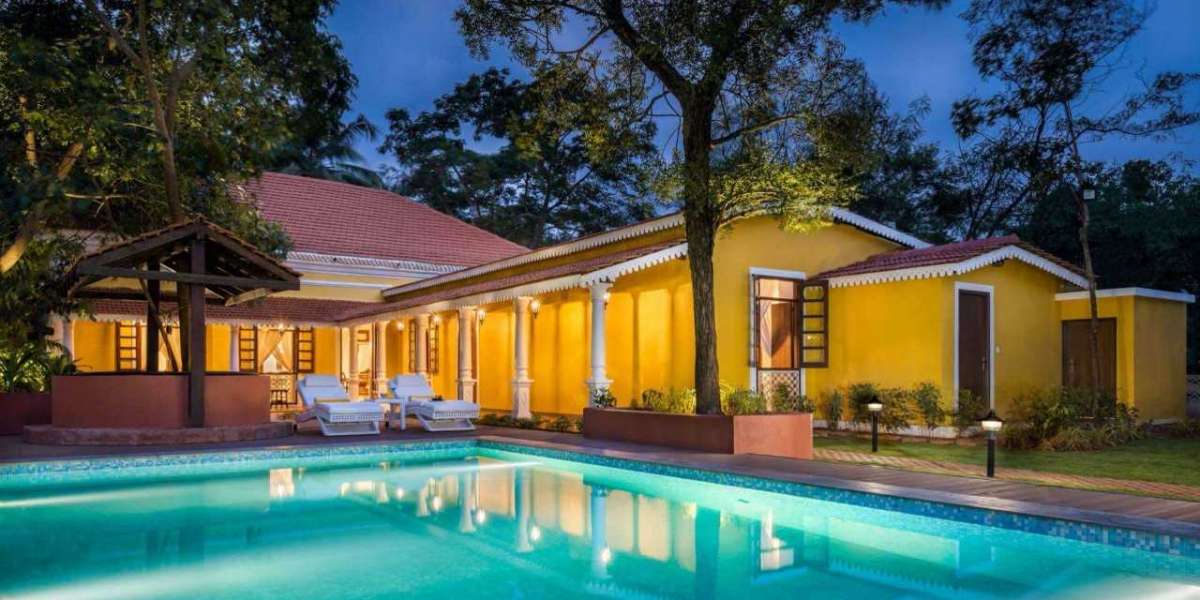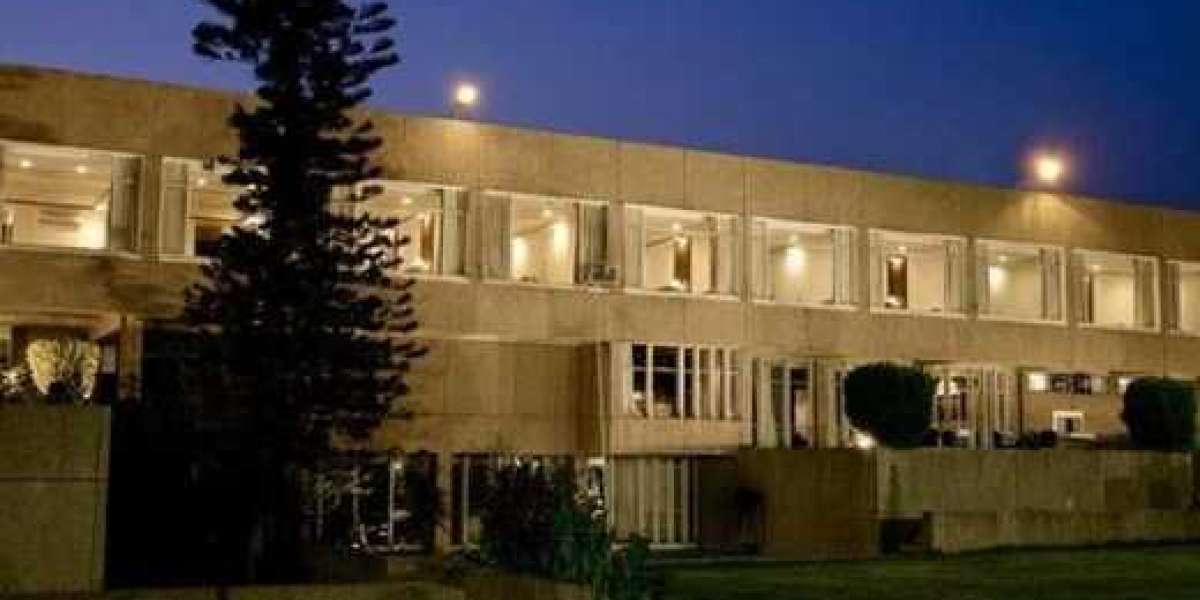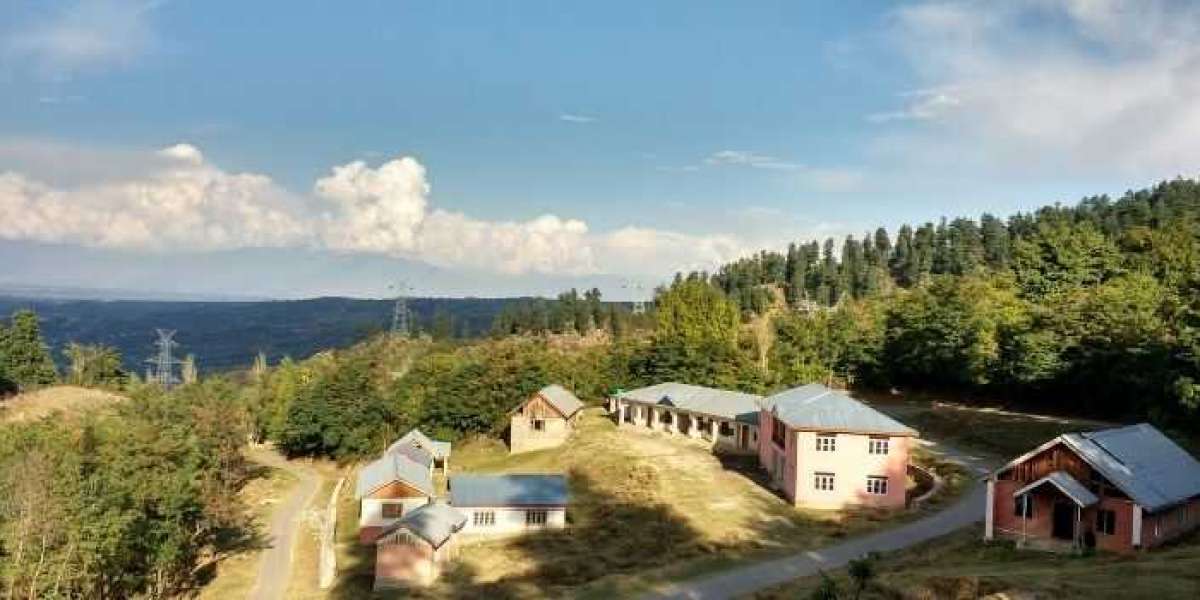They are no longer a novel concept and add only a tiny fraction to hotel revenues. Some hotels are even lowering the prices of minibar offerings, while others are getting rid of them altogether and some properties are offering a few items at no cost The COVID effect that could spell a death knell.
How we stay and what amenities we use in hotels will forever be changed by the COVID pandemic. Hoteliers are altering spaces to meet the demands of a post-COVID world, whatever that is. They are also focusing on downsizing the content in guestrooms in a bid to stay ahead of the game and provide a hygienic stay.
Services such as the breakfast buffet, coffee stations, excess hangers, and linens, even in-room minibars are being eliminated in a bid to lessen the surfaces that can attract the virus. As a precautionary measure, Pullman and Novotel New Delhi Aerocity have, for now, removed the minibars and are not planning to bring them back anytime soon, due to hygiene concerns. “We are replacing the minibar with on-demand minibar items. Customers can place their orders for both the minibar food items and essentials.
A note will be displayed on the minibar informing people about the move,” says Smita Rathod, Director of Housekeeping, Pullman Novotel New Delhi Aerocity. Much like Pullman, Conrad Bengaluru will continue to offer the amenities upon special request. The hotel’s new digital concierge, Kipsu, will allow guests to place orders from their restaurants or minibars.
“When an order for in-room dining is placed, our team members will not enter the room for delivery. Guests can choose to either call the Conrad Concierge service from their room or chat with us through our digital concierge, Kipsu, which allows you to place orders via text, supporting our initiative towards contactless service. Another thought includes installing vending machines on each guest floor,” says the hotel’s general manager Srijan Vadhera.
When asked about what could replace minibars in the future, he says, “Customised minibar kits with DIY recipes will take the forefront for in-room experiences.” According to Kunal Chauhan, General Manager, The Leela Palace Bangalore, the management of minibars has always been a complicated operation, plagued with multiple problems of high-cost investment, huge stock holding, expiration date management, miniature stock availability and multiple entries in guest rooms.
“COVID will further bring down the existing low level of consumption by in-house guests. I think minibars operations will slowly fade away and become a thing of the past. New hotels would not invest in this high CAPEX proposition.”
The challenges of running a minibar
High labor costs, high energy consumption, space-consuming, and overstocking resulted in the minibars falling out of favor with hotels.
In a particular study, nearly 500 hotel owners who were surveyed on their experience with minibar management, the owners collectively agreed that re-stocking minibars is a “nightmare,” with 84% reporting guests would dodge bills by stealing items and replacing stocked items with inferior products.
Hotels had to spend on technology to keep track of minibar sales. Some hotels installed motion-sensor technology. When a guest moved a packet of chips or chocolate, the sensor immediately notified
they about the movement and the charges got added to their account.
According to Kunal Chauhan, General Manager, The Leela Palace Bangalore, the problems with their minibar management include expiry management, periodic cleaning, and sanitization of glassware, unavailability of good products with enough expiration time. Besides, the staff had to monitor the expiry dates of products.
A spokesperson from the Radisson Hotel Group contends that minibars are labor-intensive and expensive to maintain. Sometimes, consumers complain about having to pay higher prices. Rishi Mehra, Director, Food and Beverage at The Leela Palace New Delhi says, certain items that are in demand have a short span of life. With larger room count, it becomes a challenge to maintain them. “Hence, we stock minibars with products that have a longer shelf life and are widely accepted by our global travelers.”








